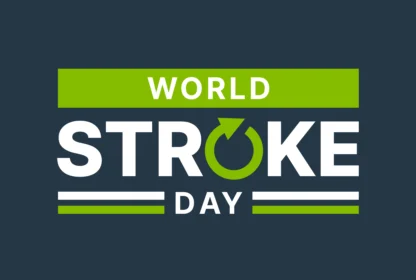
Many people know of phone scammers and their malicious attempts to rob innocent people of their hard-earned cash, but what most people fail to realize is where these individuals are located or the whole culture behind why they do what they do. In a recent string of scams, Jamaica seems to be the source of this fraudulent commotion targeting the elderly specifically, and the people indulging in this activity actually have backgrounds in customer service, making their sinister efforts even more effective.
As stated before, it is well-known that IRS-style scams are common in the western world, often targeted towards senior citizens who have been saving money for their entire lives and are more susceptible to fraudulent claims due to dementia, Alzheimer’s, or other cognitive issues. Many people have lost their entire livelihood due to these scammers. Now a new threat has risen, and it takes the shape of Lottery scammers. These scammers operate in the same fashion as their notorious IRS counterparts; calling a vulnerable, often elderly, individual claiming that they have payments outstanding to a certain organization, usually affiliated with the government.
The main difference here, however, is that the caller is often offering large sums of money, claiming that the recipient has won the lottery (even if they never purchased a lottery ticket). The size of the winnings can vary from thousands to millions of dollars, all the recipient or “winner” must do is send the caller some up-front cash to secure the funds. These funds are usually smaller payments, comprised of 500-2000$. The catch, however, is that the “winner” isn’t actually going to get any of the promised prize money, and at the very least are out of 2000$, as the caller usually demands several payments in order to “bypass lawyers and taxes”. Many of the elderly individuals that the scammers call are lonely or suffer from cognitive disorders, resulting in them falling for the scam, and sometimes even resorting to suicide when they realize the amount of money they lost.
It is important to recognize the signs and end the call before they even have a chance to propose their scam. If you have never entered a lottery and/or sweepstakes via a scratch card or online, do not accept money from someone claiming to work for a lottery organization. Western Union and MoneyGram are two common transfer methods that these scammers use, so if you hear these referenced do not engage with the scammer. It is also good to look out for the area code “847”, as this is a Jamaican area code and is highly suspect in scam calls.
In Jamaica, business is scarce and much of the population relies on drugs and tourism to make a profit. This makes scamming and fraud two very enticing careers to the youth, who see these cold callers driving nice cars and living in nice houses and aspire to be like them. Additionally, many individuals who have used their persuasive talents in the customer service industry take their skills over to call scamming, and to great effect.
What to Do if You Suspect a Scam
If you even suspect you are being scammed, do not proceed with the call. Immediately hang up and contact your local, state, or Federal authorities and wire them with the number that called you so that they can take further action against this growing threat. Millions of dollars are lost annually due to these criminals; don’t add to that statistic.
For more information about the FBI or to reach a specific FBI Office visit WWW.FBI.GOV


